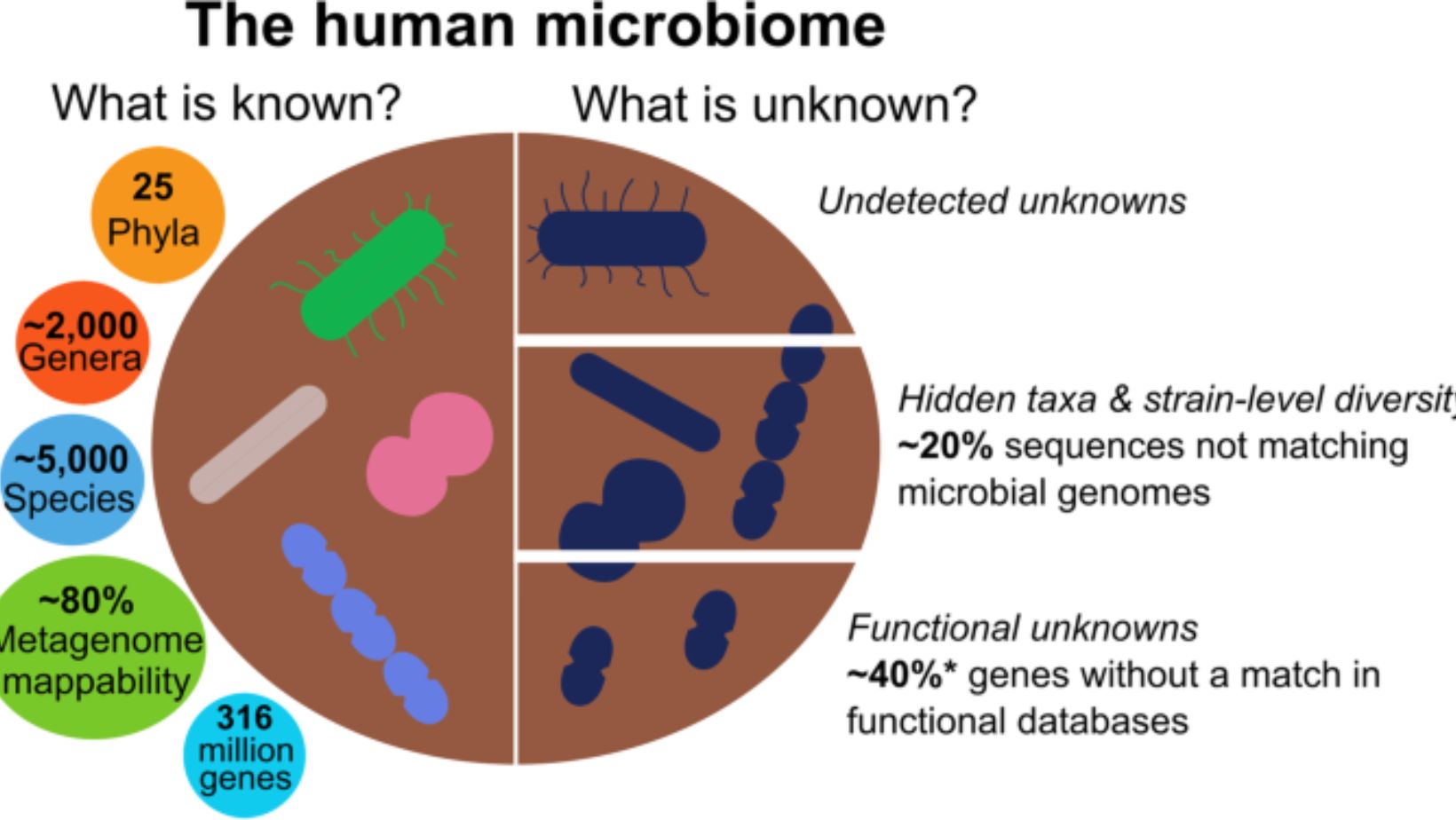New research reveals how diet impacts gut health and cardiometabolic risks. A groundbreaking study published in Nature Microbiology has provided compelling insights into how vegan, vegetarian, and omnivorous diets affect the gut microbiomes and overall health. With data from over 21,000 participants in the UK, the US, and Italy, the research is one of the largest of its kind, shedding light on how dietary choices can influence cardiometabolic and bowel health.
Largest Dataset Yet for Microbiome Research

The study utilized a dataset from cohort three from the ongoing ZOE PREDICT trial, a large-scale nutrition and health initiative. These cohorts accounted for more than 21,000 individuals in the UK and US. The remaining two datasets were publicly available from Italian research studies, which added slightly over 200 participants to the total.
Researchers gathered food frequency questionnaires and microbiome data, supplemented by advanced tools like the Metagenomic Estimation of Dietary Intake (MEDI).
This tool analyzes food DNA in gut microbiomes to picture dietary habits accurately.
Vegans, Vegetarians, and Omnivores Show Distinct Gut Profiles
The researchers identified notable differences in participants’ microbiomes based on their dietary choices. Vegetarian diets were associated with microbes that excel at fiber fermentation, producing short-chain fatty acids linked to gut health. On the other hand, omnivores had higher levels of microbes like A. putrefies and B. Wadsworth, which are tied to inflammation and poorer cardiometabolic health outcomes.
Interestingly, the researchers emphasized that omnivores’ less favorable gut composition was mainly due to a lower intake of fiber-rich plant foods rather than the presence of meat itself. “The quality of omnivore diets by increasing dietary plant diversity could lead to better gut health,” the authors noted in their report.
Expert Insights and Future Implications: Gut Microbiomes
Dr. Mark Miller, a consultant with Kaiviti Consulting, described the findings as a significant step forward in understanding diet and microbiome makeup. However, he cautioned against oversimplifying the results. “These impacts are not binary. There is considerable overlap between diets regarding their impact on microbial diversity,”. Miller urged researchers and the public alike to avoid making definitive, soundbite-style conclusions.
The study authors echoed this sentiment, calling for additional research to explore the relationship between whole-food diets versus highly processed diets and their influence on the microbiome. They also highlighted the potential for this research to inform future clinical studies and interventions.
Takeaway: Your Diet Shapes Your Gut Microbiomes
The findings reinforce that our diets significantly impact our gut microbiomes, which are crucial to overall health. Whether you’re a meat eater or plant-based, prioritizing a diverse diet rich in fiber from fruits, vegetables, and whole foods can lead to a healthier gut and potentially reduce the risk of cardiometabolic disorders.
As the science behind gut health continues to evolve, this study offers a timely reminder: the power to shape your microbiome—and your health—is on your plate.